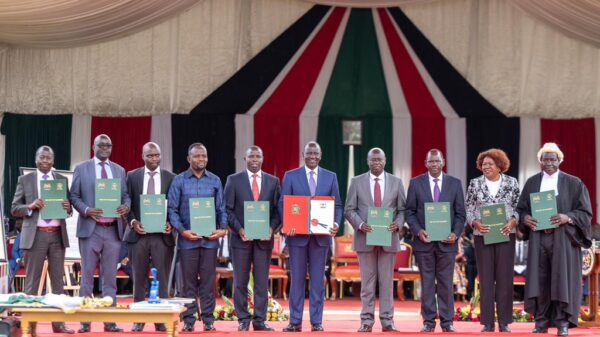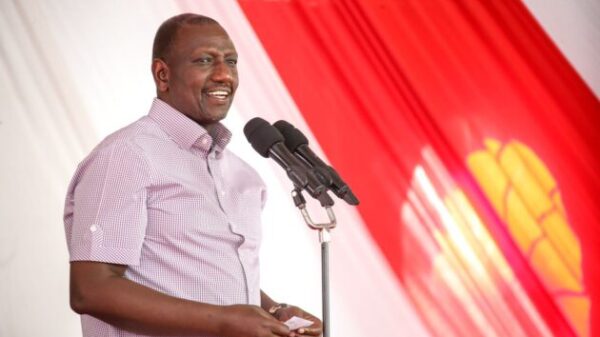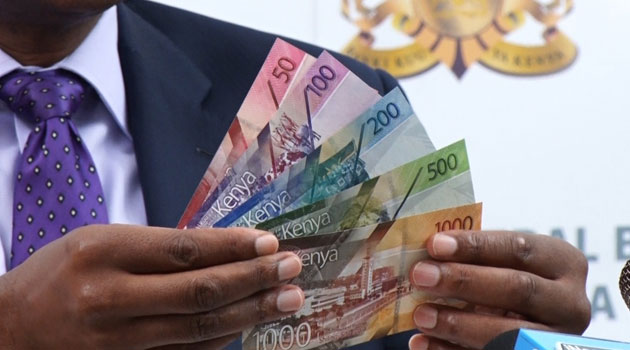
In East Africa, tobacco is grown by over 200,000 farmers with 40, 000 drawn from Kenya. PHOTO/ XINHUA
BUNGOMA, Kenya, Oct 29 – Tobacco farmers in Kenya have opposed plans by the World Health Organisation [WHO] to push them away from growing the crop.
They complained that efforts by the global health organisation would lead to massive poverty within the tobacco-growing regions of Western, Nyanza and Eastern Kenya.
The farmers were speaking in Malakisi, area within the Bungoma County where they also asked the government to give dialogue a chance before implementing the suggested proposals.
Speaking during this year’s World Tobacco Growers’ Day, farmer representatives from Malakisi further opposed a move by WHO to push for alternative crops. Already, through the Tobacco Act 2007, tobacco companies are not allowed to advertise or engage in communication with their consumers.
The latest drive by WHO is already driving fear within the farming folks who fear that it might smoke away their profits.
They called on the stakeholders to consult with farmers before discussing any issues involving them.
“We have the right to choose what to plant and any move to control us will be met with stiff opposition,” said David Wekesa a farmer representative from Malakisi tobacco growing area. They further argued that tobacco was currently the most economical crop in the area and curtailing its production would fuel rise in illicit trade.
Wekesa said that farmers will not be pushed to alternative crops whose earnings cannot compare with that of tobacco.
In Kenya alone tobacco industries contributed over Sh14 billion in revenue in the last financial year- making it one of the top performers. A shift from tobacco, they added, would leave a massive hole on government’s finances. The farmers pointed out that some of the suggested alternative crops away from tobacco cannot compare with earnings paid from cigarette manufacturers such as BAT Kenya and Mastermind tobacco [MTK].
Under the WHO-FCTC guidelines on article 17&18, the WHO calls on governments to put in place policies to migrate tobacco farmers to economically sustainable alternatives to tobacco growing. It is this clause that has irked farmers who argue that the suggested crops such as sugar and maize do not perform well within the tobacco growing areas, making little economic sense for farmers to diversify into these crops.
The WHO has also been at the forefront of the push to regulate the seasons of the year in which tobacco farming is allowed. Among others, the WHO is also seeking to ban tobacco farmers from working with their clients to improve crop yields, health and safety conditions and the crop’s environmental impact.
The proposals are also seeking to dismantle the bodies relating tobacco farmers with their governments. The biggest plan however is one to introduce mandatory ‘rehabilitation programs’ that would force growers into other crops, regardless of the economic viability of those crops.
Farmers in Kenya’s tobacco growing areas of Malakisi- home to some 3,000 farmers – point out that such proposals would smoke away their financial fortunes.
“We are also asking governments to join us today and put a stop to these measures because these same farmers have not been consulted regarding any measure to migrate to other crops,” Wekesa told the media in Malakisi.
The farmers are demanding a robust impact assessment before the WHO-FCTC proposals are implemented. Such an assessment would look at the economics behind the proposed alternative crops. “This assessment will look at the sustainability of the alternative crops,” Wekesa said.
He suggested that such an assessment should also look at all aspects of the livelihoods of tobacco growers and workers (including health, economic, social, environmental and food security aspects).
World Tobacco Growers’ Day is observed annually to recognise tobacco farmers worldwide. In East Africa, tobacco is grown by over 200,000 farmers with 40, 000 drawn from Kenya, while over 4.5 million livelihoods are supported by tobacco growing in the region.



































